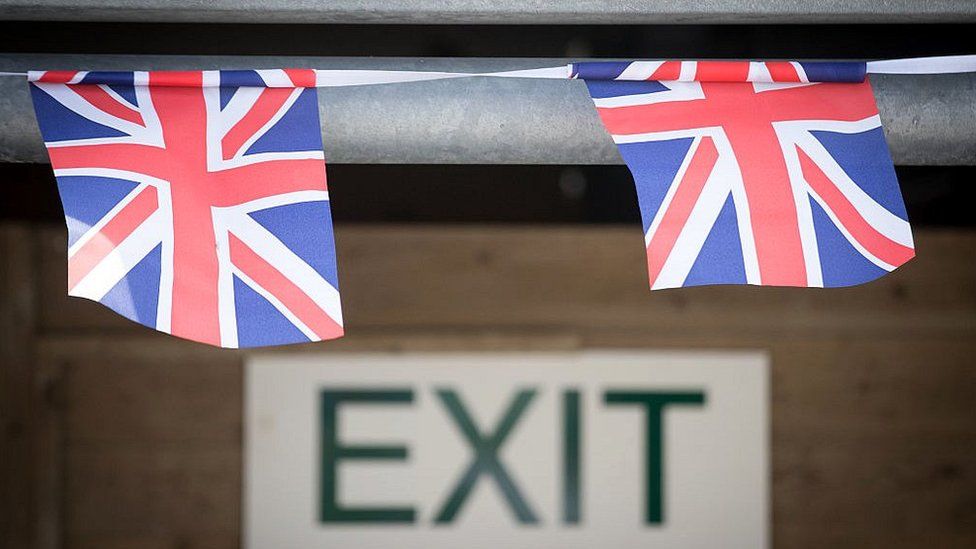Fish soup turned into grimace soup. In Breton auctions, the year 2023 was eventful because of Brexit. Because with the fleet exit plan decided last year after the United Kingdom’s withdrawal from the European Union, the Breton fleet was decimated with 45 boats which ended up in the scrapyard, thus reducing the volumes of fish landed.
At the Lorient auction, Brittany’s leading fishing port, sales fell by 16.15% last year to stand at 13,410 tonnes of seafood. This drop is particularly marked for deep-sea fishing ( -33%), which was hit hard by the demolition of four deep-sea trawlers from Scapêche, a subsidiary of Intermarché and the leading French shipowner. In the ports of Cornouaille (south Finistère), it’s not a party either with volumes down 12.5%. “Over a full year, this represents an impact of 4,271 tonnes of fish,” indicates Christophe Hamel, director of the Cornouaille fish market.
The drop in volumes has not led to an increase in fish prices
Among the most affected ports, Guilvinec which lost 20.4% of its total volumes of fish landed, and Douarnenez (-29%). Worse still, the drop in landings has not led to an increase in fish prices, quite the contrary. In the absence of sufficient supply, “buyers turn away and turn to other auctions. It’s terrible what’s happening,” continues Christophe Hamel.
Certain Breton ports, relatively little impacted by the scrappage plan, have however managed to do well. This is the case of Erquy (Côtes-d’Armor) whose auction last year became the first of Brittany in volume (13,411 tonnes) even if it remains behind Lorient in value.
This article is originally published on nouvelles-dujour.com








